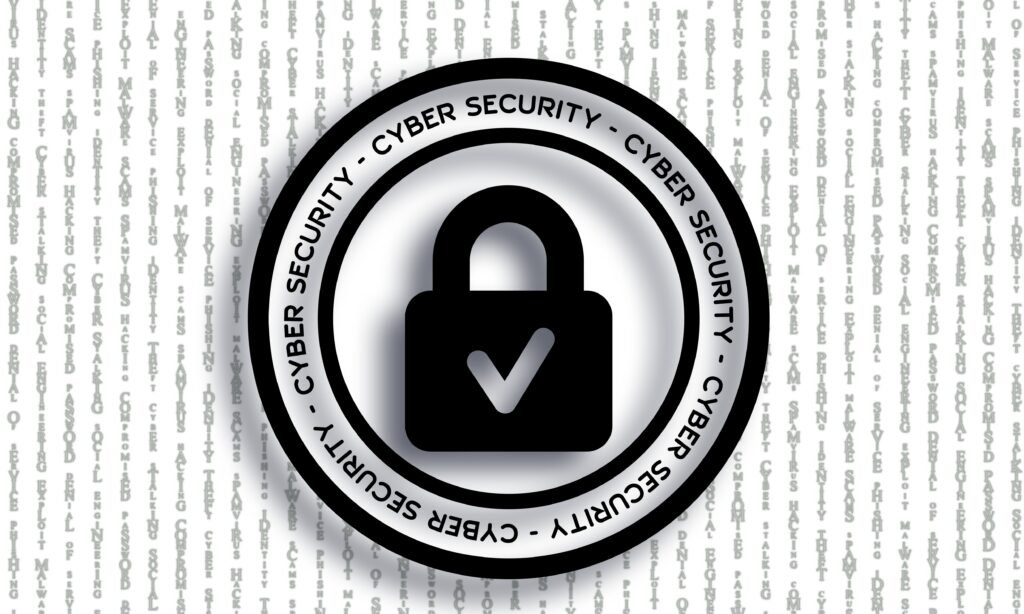Table of Contents
Introduction
Cybersecurity is a top concern for B2B companies. Hackers are targeting businesses of all sizes, looking for weak spots to exploit. A single cyberattack can lead to financial losses, damaged reputation, and even legal trouble. Protecting sensitive data and customer information is not optional—it’s a necessity.
With increasing cyber threats, businesses must take proactive steps to secure their digital assets. This guide will help you understand the risks and how to strengthen your cybersecurity.
Why Cybersecurity Matters in B2B
B2B companies handle large volumes of data. This includes financial records, trade secrets, customer databases, and confidential business information. A breach in security can expose this data to cybercriminals, leading to severe consequences.
Cybercriminals use various tactics such as phishing, ransomware, and malware to infiltrate systems. Small and medium-sized businesses (SMBs) are often more vulnerable due to weaker security measures. Investing in strong cybersecurity safeguards your business from costly cyberattacks.
Common Cyber Threats to B2B Businesses
- Phishing Attacks
Hackers send fake emails pretending to be from trusted sources. Employees who fall for these scams may unknowingly share sensitive information. - Ransomware
Malicious software locks company files, demanding a ransom for access. Paying the ransom doesn’t guarantee file recovery. Prevention is the best defense. - Insider Threats
Employees or partners with access to business data can accidentally or intentionally leak information. Proper access control reduces this risk. - Weak Passwords and Credential Theft
Using simple or repeated passwords makes it easy for hackers to gain entry. Strong, unique passwords protect against unauthorized access. - Unpatched Software
Outdated software contains security flaws that hackers can exploit. Regular updates and patches keep your systems secure.
Best Practices to Strengthen B2B Cybersecurity
1. Educate Employees on Cyber Threats
Employees are the first line of defense against cyberattacks. Conduct regular training sessions to teach them how to recognize phishing attempts and suspicious activities. Encourage them to report potential threats immediately.
2. Use Strong Passwords and Multi-Factor Authentication (MFA)
Passwords should be long, complex, and unique for each account. MFA adds an extra layer of security by requiring a second form of verification, such as a code sent to a mobile device.
3. Keep Software and Systems Updated
Hackers target outdated software with known vulnerabilities. Enable automatic updates for operating systems, applications, and security software to stay protected.
4. Secure Business Networks
Use firewalls, encryption, and intrusion detection systems to safeguard your network. Segment networks to limit access to sensitive information. Avoid using public Wi-Fi for business transactions.
5. Backup Data Regularly
Ransomware attacks can cripple businesses by locking critical files. Regularly back up data to secure, offsite locations to ensure quick recovery in case of an attack.
6. Implement Access Controls
Restrict access to sensitive information based on roles and responsibilities. Not every employee needs access to all company data. Use role-based permissions to minimize risks.
7. Monitor and Detect Threats
Use cybersecurity tools to monitor network activity for suspicious behavior. Early detection prevents minor security issues from becoming major breaches.
8. Conduct Regular Security Audits
Review cybersecurity policies and conduct penetration testing to identify weaknesses. Fix vulnerabilities before hackers exploit them.

Choosing the Right Cybersecurity Solutions for Your Business
B2B companies should invest in cybersecurity tools that align with their needs. Here are some essential security solutions:
- Antivirus and Anti-Malware Software – Protects against malicious software.
- Firewalls – Blocks unauthorized access to your network.
- Virtual Private Network (VPN) – Encrypts internet connections for secure communication.
- Email Security Solutions – Filters out phishing emails and malware.
- Endpoint Protection – Secures devices like laptops, desktops, and mobile phones.
- Security Information and Event Management (SIEM) Systems – Monitors and analyzes security data for real-time threat detection.
The Cost of Ignoring Cybersecurity
Failing to protect your business from cyber threats can lead to:
- Financial Losses – Data breaches cost businesses millions in recovery, fines, and lost revenue.
- Reputation Damage – Customers lose trust when their data is compromised.
- Legal Consequences – Non-compliance with data protection laws results in penalties.
- Operational Disruptions – Downtime caused by cyberattacks affects productivity and customer service.
Future Trends in B2B Cybersecurity
Cyber threats are evolving, and businesses must stay ahead. Here are some trends shaping the future of cybersecurity:
- AI-Powered Security – Artificial intelligence helps detect and prevent cyber threats faster.
- Zero Trust Security Model – Verifies every user and device before granting access.
- Biometric Authentication – Uses fingerprints and facial recognition for secure logins.
- Cloud Security Enhancements – Protects data stored in cloud environments.
Take Action Before It’s Too Late
B2B cybersecurity is not just an IT concern—it’s a business priority. Cyber threats are real, and ignoring them can lead to devastating losses. Implementing strong cybersecurity measures protects your business, customers, and reputation.
Take action now. Train your employees, update your security systems, and invest in the right tools. A secure business is a successful business. Don’t wait for a cyberattack to realize the importance of cybersecurity. Stay ahead, stay safe!








Leave a Reply